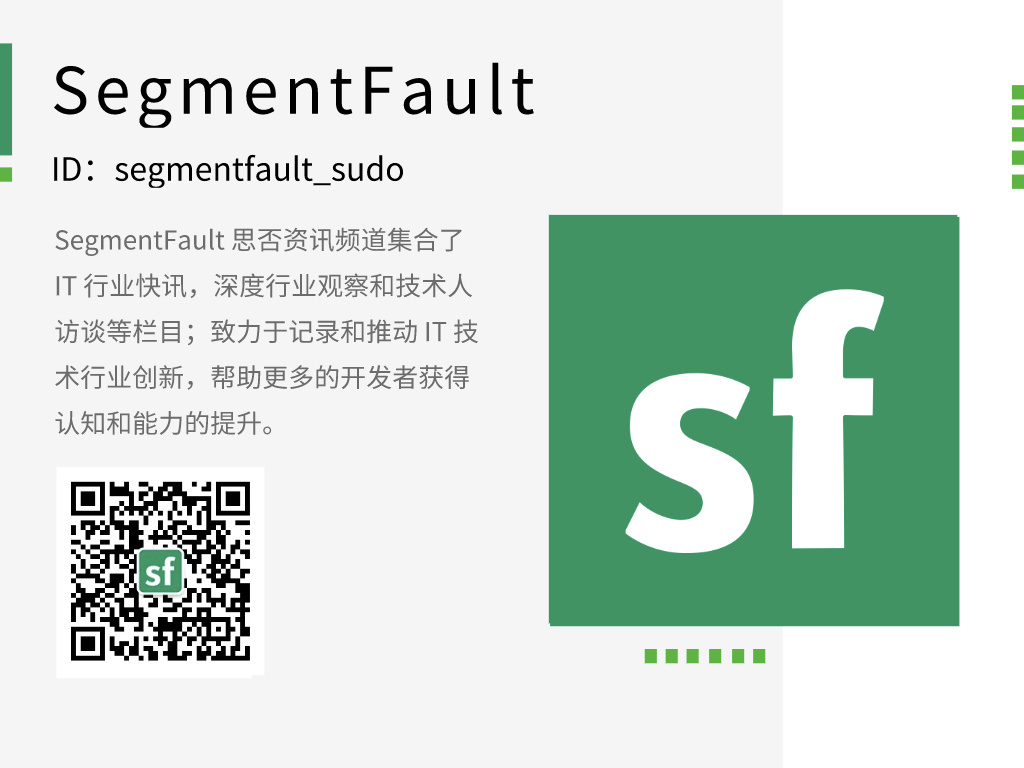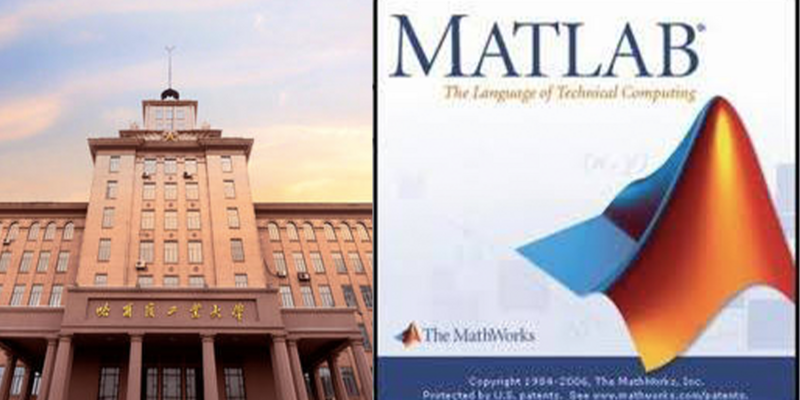
Technical Editor: Mango | Reported by SegmentFault Editorial Department | WeChat Official Account: SegmentFault
The U.S. Entity List has struck again, this time affecting universities, with Harbin Institute of Technology and Harbin Engineering University no longer able to use MATLAB.
As U.S.-China tensions escalate, after tech companies were added to the Entity List, universities have also been caught in the crossfire.
On May 23 of this year, the U.S. released another list, including 33 Chinese institutions, companies, and even universities.
Among them, Harbin Institute of Technology and Harbin Engineering University are prominently listed, showing that the original trade friction has now entangled higher education. Just as we were still in shock, news broke that “teachers and students from Harbin Institute of Technology and Harbin Engineering University can no longer use MATLAB,” causing an uproar.
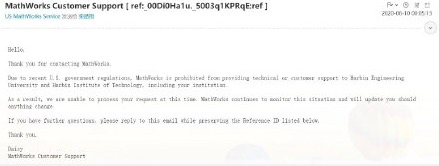
Hello! Welcome to contact MathWorks.
We are very sorry to inform you that, according to the latest export control list from the U.S. government, we can no longer provide services to you. Please pay attention to notifications from your school.
It is understood that many students from Harbin Institute of Technology and Harbin Engineering University have recently received emails from MathWorks, the developer of MATLAB, stating that “due to the latest export control list from the U.S. government, we can no longer provide services to users from these two universities.”
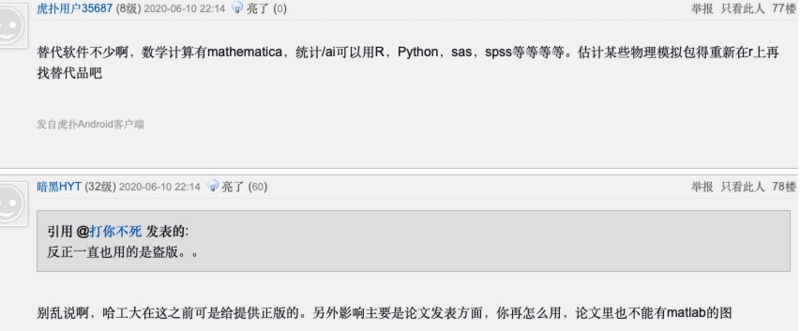
Why Did the U.S. Ban Harbin Institute of Technology and Harbin Engineering University from Using MATLAB?
MATLAB is a commercial mathematical software developed by MathWorks in the U.S., used for algorithm development, data visualization, data analysis, and numerical computation in a high-level programming language and interactive environment.
MATLAB includes a vast collection of computational algorithms, with over 600 mathematical operation functions required in engineering, allowing users to easily implement various computational functions.
Typically, MATLAB can replace lower-level programming languages like C and C++. Given the same computational requirements, using MATLAB significantly reduces the programming workload.
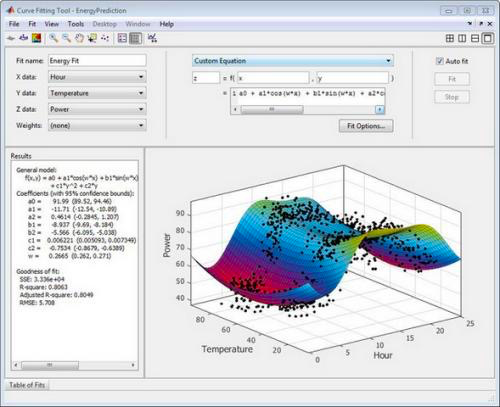
Three Major Advantages of MATLAB:
1) Efficient numerical and symbolic computation capabilities that free users from complex mathematical analysis;
2) Comprehensive graphical processing functions that visualize computational results and programming;
3) A user-friendly interface and natural language close to mathematical expressions, making it easy for scholars to learn and master;
4) A rich set of application toolboxes (such as signal processing toolbox, communication toolbox, etc.) that provide users with a wealth of convenient and practical processing tools.
Many well-known universities in China use MATLAB, including Tsinghua University, Peking University, and Xi’an Jiaotong University, and of course, Harbin Institute of Technology and Harbin Engineering University are no exception.
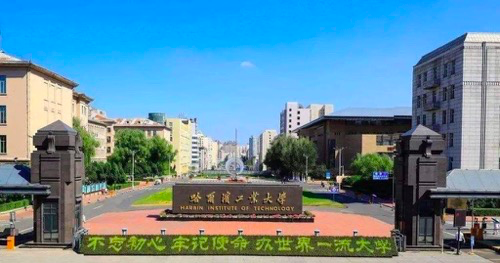
Harbin Institute of Technology excels in computer science, aerospace, materials, and mechatronics, and is even hailed as the “cradle of engineers.”
Harbin Engineering University also has internationally leading programs in marine engineering, nuclear science, and automation, and its predecessor was the Military Engineering Academy of the People’s Liberation Army, originally established to train military personnel.
With such a strong background and leading research, Harbin Institute of Technology and Harbin Engineering University have naturally become targets of concern for the U.S. The Entity List serves to prevent China from forming a “technological hegemony” and to prepare for unpredictable military conflicts.
The Ban on MATLAB Will Have a Huge Impact on Higher Education and Research
The sudden Entity List and the ban on using MATLAB will undoubtedly have a significant impact on higher education and research.
It is understood that to enable faculty and students to better use MATLAB, universities like Harbin Institute of Technology and Harbin Engineering University had already purchased legitimate licenses and provided free access on campus networks. Before the U.S. issued the new Entity List, MathWorks maintained a good relationship with domestic universities and even held MATLAB-themed lectures at these institutions.
In this regard, not only domestic users feel regret, but MathWorks also emphasized in the emails sent to Chinese users that this decision was made “based on the latest export control list from the U.S. government,” expressing a sense of helplessness.
Postscript
The initial version of MATLAB was released in 1984 and has been around for decades, impacting the research of millions of engineers and computer scientists worldwide.
The ban on MATLAB means that Chinese researchers cannot cite MATLAB’s computational results in their research conclusions, which will have a significant impact on technology research in China and globally.
Technology should be borderless. By placing universities on the Entity List, the U.S. is not only blocking China in the economic realm but also extending political means into the academic field, which undermines the stature of a great power and hinders global technological progress.
In light of this incident, finding ways to break free from the constraints imposed by developed countries has become increasingly important. Technological innovation is no longer just a challenge for tech companies but is increasingly relevant to each of us.
– END –
